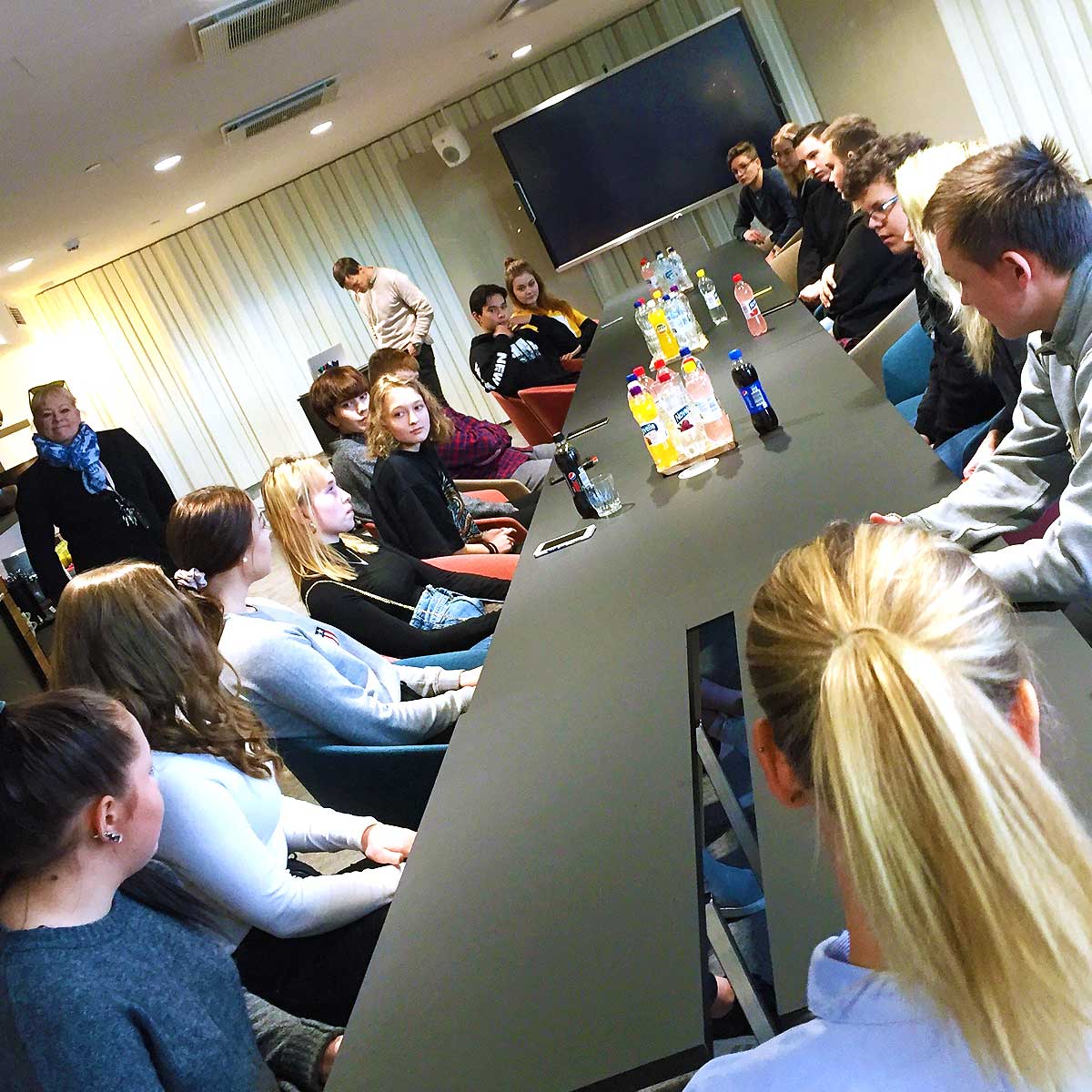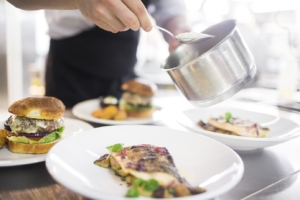Every Action Matters
Every action matters. Everyone’s action matters.

What does this mean in concrete?
It’s not about giving up, it’s about making a new start. You can still enjoy things that give you pleasure, just do it more responsibly. Many young people tell us that more responsible choices have created a good feeling and brought relevance to them, without having to give up on anything.
Change starts with you.
1. Vote
The major decisions are made in the European Parliament, the Finnish parliament and city and municipal councils. You will decide who will make the decisions.
2. Act and participate
Consider what issues are important to you. Get involved with such organisations. Express your views. Make your local environment more pleasant. Say hello to your neighbour, help grandma, take care of a friend, clean up garbage.
3. Do things together
Sustainability and the circular economy hold huge economic potential and business opportunities. Don’t remain alone with your idea, look for like-minded people. Many startups get going from fresh ideas by people in their thirties. Be brave and ask for help.
4. Choose your job or practical training place carefully
Find out how your work or practical training provider takes care of people and the environment. Keep in mind that a job interview is a two-way opportunity where you too will assess whether the company is suitable to you as an employer. Your time is valuable, so use it well. Do not work for a company that acts in an unethical or irresponsible way.
5. Spend your free time responsibly
There are many ways to travel responsibly. You don’t always have to fly. Choose your destination responsibly and think about your accommodation, what you eat, what you do there, and how you get about. Tourism benefits many countries and local entrepreneurs, but unfortunately some destinations can no longer withstand the tourist masses. In such cases the sustainable choice is to choose something else. Explore the environment and culture with an open mind, and respect the locals.
Did you know that streaming consumes a huge amount of energy? When was the last time you were dancing, singing or playing? Put your electronic devices aside for a while and spend time with the people you care about.
6. Consider your purchases – spend in moderation
Don’t make any spur-of-the-moment purchases. It is good to define what you really need and what are vanity items. Impulse shopping may delight you for a while, but they have a more lasting effect on the environment. New isn’t always the best. Borrow, buy second-hand, recycle.
Demand that a product
- is long-lasting, durable and versatile
- has a traceable production chain: who manufactured it, which materials were used, under what conditions, how did the product reached the seller
- has a responsible production chain: with reasonable amounts of energy, water and chemicals consumption. The employees have decent working conditions. For example, it takes about 10,000 litres of water to produce a single pair of jeans. Avocado farming weakens the living conditions of villages in agricultural areas. For example, there is not enough drinking water for the villagers.
- is serviceable and upgradable.
If you prefer local produce, use whatever is in season. If the product is not sustainable, buy some other product.
Test your wardrobe’s ethics: https://slaveryfootprint.org/

7. Prevent waste and sort waste correctly
Buy food in a planned way and only as much you need. With a bit of creativity, leftovers can be delicious, too.
Take advantage of the community platforms for discarded food. (e.g. http://lunchie.market/ravintoloille/, https://www.resq-club.com/fi/, https://www.fiksuruoka.fi/?gclid=EAIaIQobChMIy7SN5tiP6AIV2aSaCh3pNQXvEAAYASAAEgLg6PD_BwE
Sort your waste correctly. When your sort and recovery waste work properly, only a small part ends up in a landfill. Recovery saves natural resources because waste materials can be reused as raw materials and used as energy.
Do you remember where you sort, for example nail varnish and plastic canisters? Find answers in: www.lajitteluapuri.fi
- Pre-treatment of waste before placing in the waste bin
- Rinse all packages, jars and bottles.
- Flatten the packages.
- Drain excess liquids from compostable food and other decomposing waste.
- Put vegetable and animal fats and oils into empty containers and recycle them.
- Leave the caps on in deposit bottles.
More information about sorting https://vanha.hsy.fi/en/residents/sorting/instructions/Pages/default.aspx
8. Save energy and water
Turn off any lights when you don’t need them. Turn off devices completely when not using them, such as computer, TV, etc. Unplug the chargers from the wall outlet. Increased technology has increased energy consumption. Rational use of energy and saving energy are important measures to mitigate climate change.
Go for with eco-certified electricity. Eco-certified electricity is recognised by the green logo.
Switch on?… Dim?.. Or turn it off? Watch WWF’s Earth Hour: http://www.earthhour.fi/
Use water sparingly, don’t leave the tap running. Turn off the tap as soon as you don’t need any more water. By lowering your water footprint, you can find out how much your lifestyle consumes the world’s water resources.
Many of our daily products contain so-called hidden water. Hidden water may have been consumed in countries suffering from water shortages. For example, a cup of coffee contains up to 140 litres of concealed water used for its production.
http://waterfootprint.org/en/
9. Be open-minded
Our society is becoming more diverse, keep up with the times! Make friends from different religions and cultures. Listen and learn from others. Your truth isn’t the only truth.

